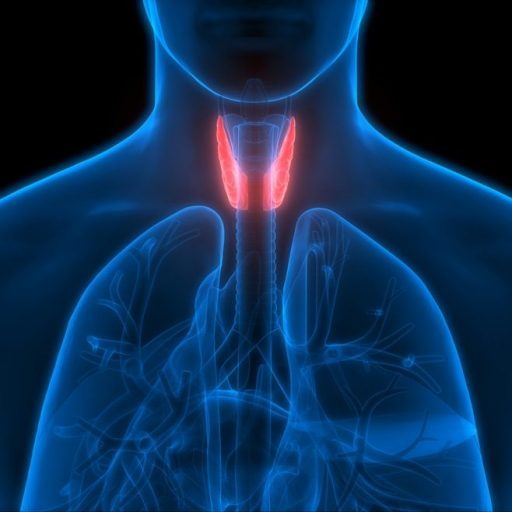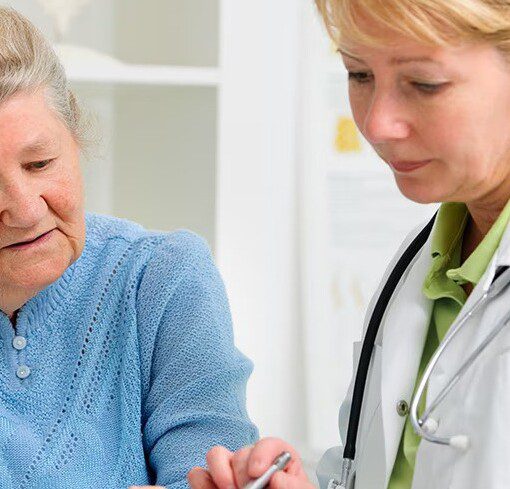Breast/ovarian/cervical cancer, pregnancy, and menopause are all unique health concerns for women. However, more females die from heart attacks than males. They are also more likely to suffer from depression and anxiety, develop urinary tract disorders, and have autoimmune and thyroid diseases. Likewise, sexually transmitted diseases can do more harm to women than to men. Not surprisingly, all these conditions attract some of the most frequently asked women’s health questions.
What Are The Top 10 Women’s Health Questions About?
Women globally are concerned about their:
- Physical well-being – cancer, heart/cardiovascular disease, obesity
- Reproductive well-being – childbirth, contraception, abortion
- Mental well-being – depression, anxiety
Breast Cancer
The most aggressive cancer affecting females, breast cancer can quickly spread undetected to other organs. Most cases are diagnosed in females over 50, making it more prevalent in developed countries where they live longer.
Female Health Questions About Breast Cancer
 Are all breast lumps dangerous? Most breast lumps are not dangerous. However, many breast cancers start out as ‘just’ lumps so get them seen by a doctor.
Are all breast lumps dangerous? Most breast lumps are not dangerous. However, many breast cancers start out as ‘just’ lumps so get them seen by a doctor.
What breast cancer risk factors I can influence?
- Exercise: do more
- Diet: eat healthily
- Weight: control it, especially approaching menopause
- Medications: avoid certain types of HRT drugs
- Alcohol: reduce intake
- Smoking: quit
Ovarian and Cervical Cancer
Ovarian cancer has the highest death rate of all gynecological disorders. As it often presents with vague symptoms common to other disorders it can be missed.
Women’s Health Questions To Ask Your Doctor About Ovarian and Cervical Cancer
What is the difference between ovarian and cervical cancer? Ovarian cancer originates in the fallopian tubes. Cervical cancer starts in the cervix. Both are painful but cervical cancer additionally causes vaginal discharge, and pain during sex.
How do you detect ovarian cancer? Ovarian cancer is normally detected via pelvic exam so having a yearly pelvic exam is recommended. Other standard detection methods for this cancer include the CA-125 blood test and transvaginal ultrasound (TVUS).
Are Pap smears effective? Pap smears (and screenings) are very effective for detecting cancer in the cervix. However, they don’t detect ovarian cancer.
STIs And STDs
STI stands for ‘sexually transmitted infections’ whilst the term STD means ‘sexually transmitted disease’. Women are at greater risk of developing complications from STDs and STIs than men.
Women’s Health Questions And Answers About STIs And STDs
What is the different between a sexually transmitted disease and an infection? Infections precede diseases. Infection is the first stage, in which a virus, bacteria or microbe invades the body. As they damage tissue, infections become ‘diseases’ and develop symptoms.
What are the most common STIs and STDs?
- human papillomavirus (HPV; a leading cause of cervical cancer)
- genital herpes (virus)
- chlamydia (bacterial infection; most frequently observed STI in the US)
- gonorrhea (bacterial)
Other common STD’s include syphilis, HIV/AIDS, and hepatitis B/C.
What are some symptoms of STDs?
- Burning sensation or pain whilst urinating
- Blood in urine/abnormal bleeding
- Urinating more frequently
- Abnormal vaginal discharges – a yellow or green discharge may be trichomoniasis or gonorrhea. A thick white discharge is likely a yeast infection.
- Pain and discomfort during sex – can indicate pelvic inflammatory disease, often a symptom of advanced chlamydia and gonorrhea.
- Vaginal itching – non-specific symptom with multiple causes including an STI/STD, yeast infection, genital warts, pubic lice, and mites (scabies).
- Sores and skin rashes around the vagina or mouth – symptom of syphilis, HPV, or herpes.

Talk to your doctor about the benefits of STI screenings/STD treatment.
Vaginal Discharge, Yeast Infections, And Other Gynecological Issues
Discharges, a yeast infection, and other issues in the vagina can be symptoms of more serious disorders (reproductive tract cancers, STIs). Therefore, knowing what is and isn’t a normal discharge is important.
Discharges and bleeding are normal occurrences during menstruation but additional symptoms such as:
- severe pain
- large blood clots
- excessive flow
- vaginal odor/abnormal vaginal discharge
- fever
- sudden onset of irregular periods or longer periods (up to eight days is the norm)
all warrant talking to a doctor. Without treatment, even mild issues can lead to far more serious conditions such as kidney failure or infertility.
Some symptoms of an underlying reproductive tract disorder (frequent urination, irregular bleeds during a monthly cycle), are also signs of non-reproductive disorders like kidney infection.

Pregnancy
Pre-existing disorders such as diabetes, asthma, and depression can get worse when a woman is pregnant. In some cases, they can put both the mother and unborn child at risk.
Female Questions And Answers About Pregnancy And Being Pregnant
What sort of disorders may arise during pregnancy? A number of ‘gestational’ disorders can develop during pregnancy, even in  otherwise healthy women:
otherwise healthy women:
- Anemia
- High blood pressure
- Gestational diabetes – can cause macrosomia (overly large baby often resulting in a cesarian birth), and preeclampsia
- Anxiety and depression
- Preeclampsia
- Hyperemesis Gravidarum – severe ongoing vomiting and nausea over and above normal morning sickness
Can most pregnancy complications be treated? Fortunately, doctors can treat most issues encountered during pregnancy.
Perimenopause, Menopause, And Postmenopause
Perimenopause (premenopause) for most women starts in their 40’s. Common signs that this is starting to happen include hot flashes, night sweats, irregular periods, and dry vagina. These are all perfectly normal, but talk to your doctor about medications to help alleviate them.
During menopause, your period ceases altogether. After 12 months without a period, you have reached postmenopause. Normal menopausal/postmenopausal signs include
- cold and hot flashes
- night sweats
- vaginal changes
- sleeping problems
- emotional changes
- no period
Common Questions About Perimenopause, Menopause, And Postmenopause
How long do all these symptoms last? It varies. Some women only experience them for a few years whilst other can have them for much longer. ‘Normal’ is 4-5 years.
What treatment is available? Apart from HRT, there are a range of OTC and prescription medications available. Talk to your doctor about these.
Osteoporosis
Osteoporosis makes bones fragile and is more common after menopause. Long-term dietary calcium deficiency is a major contributing factor. Although it can affect males, osteoporosis more commonly affects females. Taking vitamin D and calcium supplements early in life can help mitigate or even prevent this painful disorder.
Heart Diseases
Heart diseases typically affect most women later in life than men, primarily because up until menopause they are protected by estrogen.
Frequently Asked Questions About Female Health And Heart Diseases
I thought heart diseases affect men more than women? Heart and cardiovascular disease is traditionally associated more with men. However, according to the Center For Disease Control and American Heart Association, it’s much closer to 50/50.
Do heart diseases kill women? Heart conditions are responsible for some 25% of adult female deaths in the US and are the leading cause of death for both men and women. In fact, heart attacks and heart failure kill more women than men. Even more alarmingly, just under half the population (47 – 49%) have at least one heart-disorder contributing factor. They either smoke, and/or have high blood pressure and/or high cholesterol.
Autoimmune And Thyroid Diseases
Autoimmune disorders occur when immune cells attack healthy tissue. It’s unknown why these disorders mostly affect females. Most autoimmune diseases cause:
- Exhaustion
- Mild fever
- Pain
- Skin irritation
- Vertigo
Likewise, thyroid disorders more commonly affect women. Talk to your doctor if you have health questions about a possible autoimmune or thyroid disorder.
Stress And Anxiety
Surprisingly, females are also more likely to suffer from stress and anxiety disorders. This is probably due to hormone fluctuations and different brain chemistry.
If you have concerns about these or any other female health issues, talk to your doctor.






